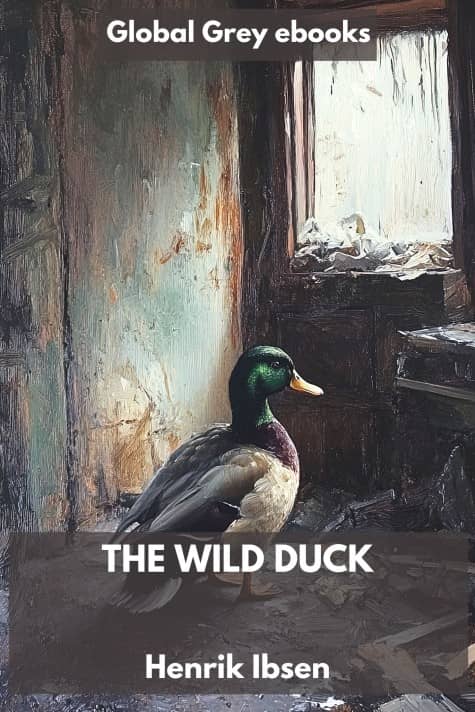The Wild Duck by Henrik Ibsen

Description
The Wild Duck is a play by Henrik Ibsen, first published in 1884. A deeply symbolic and psychologically rich work, the play marks a significant departure from Ibsen’s earlier realist dramas, embracing a more complex and nuanced exploration of truth, illusion, and the fragile fabric of family life. Set in late 19th-century Norway, the story revolves around the Ekdal family and the intrusion of Gregers Werle, an idealist who believes that confronting painful truths is the path to redemption. His well-intentioned revelations, however, unleash a chain of tragic events, challenging the assumption that truth always liberates. Often considered one of Ibsen’s most haunting and enigmatic plays, The Wild Duck critiques the destructive consequences of idealism when imposed upon the messy, compromised realities of everyday life. The titular duck—wounded and living in a makeshift forest in the attic—serves as a potent symbol for characters clinging to illusions for emotional survival. The play has had a lasting influence on modern drama, resonating with later playwrights like Arthur Miller and Eugene O’Neill, who also grappled with the tension between truth and self-deception. This translation by Eleanor Marx Aveling, was first published in 1890.
This book is available for free download in PDF, EPUB, and Kindle formats. Or you can read it online. No registration is required. Just click the links below the donation buttons.
The donate buttons below are in British Pounds, click here if you would prefer to donate in USD, EUR, CAD, or AUD.
Donate with PayPal (yellow button) or Stripe (via Donorbox) (blue button)


